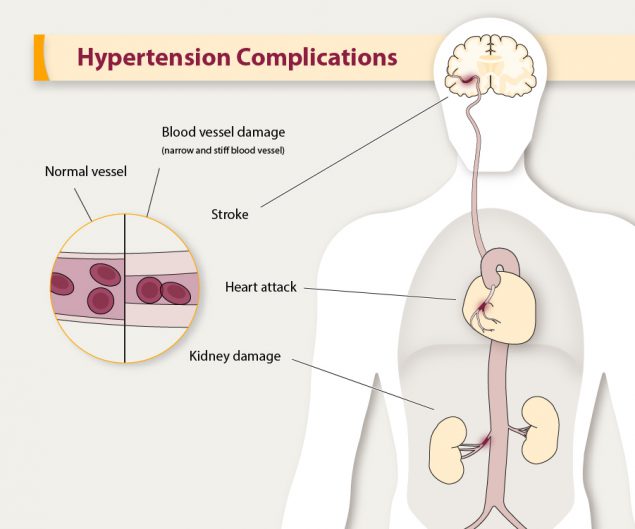
Your heart rate and blood pressure are two critical measurements that serve as key indicators of overall health. Both measurements can be obtained during medical exams performed by healthcare providers; but when combined, they're often compared together for analysis. While both may increase or decrease together, sometimes their changes differ - this may indicate certain issues; such as when one relates to another; in some instances low heart rates lead to high blood pressure while vice versa. To find out if this applies to you, track both measurements regularly while discussing them with your healthcare provider.
At rest, a normal pulse rate should fall between 60-100 beats per minute; during exercise it may vary higher or lower depending on your activity level. It is essential that you monitor your heartbeat regularly; you can do this by placing one hand either on the wrist (radial) or neck side (carotid).
Low heart rate, or bradycardia, occurs when the heart beats less frequently than expected during rest. This can prevent your body from receiving enough oxygen and nutrients resulting in serious health problems that could threaten its survival. Bradycardia can be caused by many different causes including heart disease, hypothyroidism (underactive thyroid), age related changes or medications taken.
Shock is a potentially lethal condition caused when blood vessels cannot transport enough oxygen and nutrients to organs and tissues, which in turn leads to organ failure and ultimately death. Without immediate treatment, shock could result in organ failure and eventually result in organ failure leading to organ death.